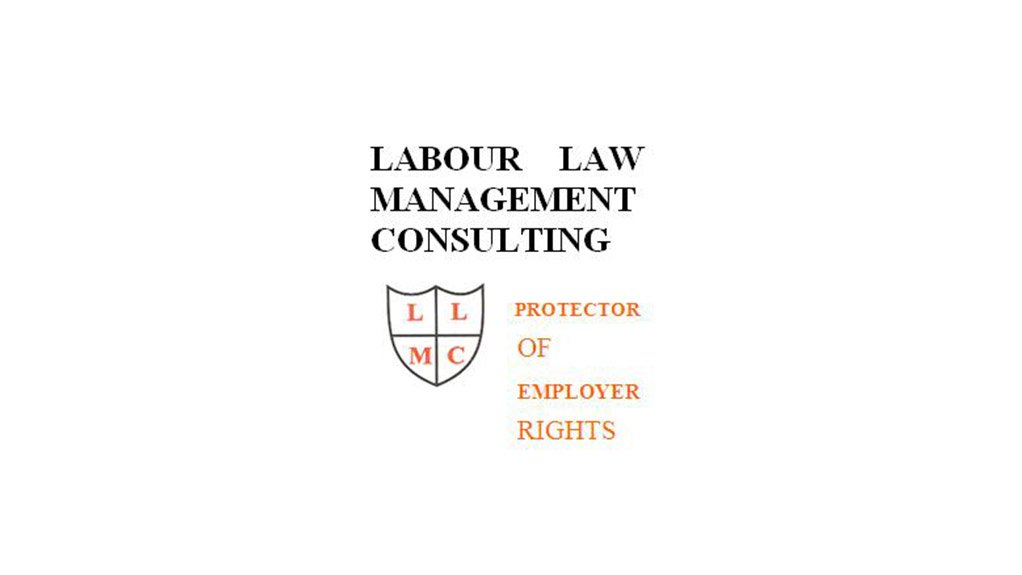Section 6 of the Employment Equity Act (EEA) prohibits unfair discrimination against an employee on arbitrary grounds including race, sex, disability, age and many others.
Not all discrimination is unfair. In other words, certain types of discrimination can be fair. For example, giving company cars to managers and not to other employees is discrimination but is not unfair because the discrimination is based on legitimate business reasons and on not on the employer’s personal beliefs.
Employers and employees will not develop a clear understanding of the difference between unfair and fair discrimination until they understand what the concept of ‘unfairness’ means. ‘Unfairness’ occurs when an employer’s conduct infringes the employee’s entrenched rights, is one-sided, unnecessary and/or inappropriate under the circumstances.
Unfair discrimination can take many forms. For example, where an employee is unnecessarily sidelined because he/she is disabled this could be unfair discrimination. If an employee is sexually harassed this is a form of unfair discrimination based on sex. If a worker is paid less than his/her colleagues because he is male or she is female this would constitute prohibited gender discrimination. If a job applicant is unsuccessful because he/she is white this could be found to be unfair on the grounds of race.
For example in the case of Consolidated Billing vs IMATU (1998, 8 BALR 1049) the employees were turned down for internal appointments because they did not fit the desired racial profile. Because they internal applicants had already been short-listed and were thus acknowledged to have been suitably qualified the IMSSA arbitrator found the failure to appoint the employees to be unfair racial discrimination.
As already mentioned ‘age’ can also be ground for unfair discrimination. If the employer refuses to appoint a person aged 14 years this is discrimination based on age. However, it is not unfair discrimination because the law says that employers may not hire employees younger than 15 years old. But, other than this, discriminating against an employee or job applicant simply because he/she is ‘too young’ or ‘too old’ will normally constitute unfair discrimination.
It too often happens that an employer tries to get rid of an older employee. This could be for a number of reasons including:
- The employer wants to employ a family member or friend and feels that the older employer has ‘had his chance and should make way’
- The older employee may have ‘old fashioned’ ideas or finds it difficult to learn new technology
- The company has been taken over by young management who only want young people in the business
- The older employee has become slower which makes the employer impatient.
- The employer dislikes the employee.
While some of the above motives may appear to bear some merit the employer cannot merely get rid of the employee by forcing him/her to retire before the organisation’s normal retirement age.
In the case of Evans vs Japanese School of Johannesburg (2006, 12 BLLR 1146) the school required the employee to retire at the age of 61 despite the fact that the employment agreement set her retirement age at 65. The Labour Court found that:
- The dismissal was automatically unfair.
- The employer was required, in terms of the Labour Relations Act, to pay the employee 24 months’ remuneration in compensation for the unfair dismissal. This amounted to R177 144,00.
- In addition, the employer was ordered to pay the employee further compensation of R200 000,00 for breaching the provisions of the Employment Equity Act prohibiting unfair discrimination.
It is not only such crippling court orders that employers must expect if they fail to protect their employees. Damage to the employer’s reputation and industrial relations can have even worse effect on the employer’s market position, bottom line and long-term viability.
These laws and their onerous provisions make it imperative that a comprehensive anti-discrimination strategy is devised by each and every employer. If you don’t obtain the necessary expertise to develop and implement such a strategy today it could be you appearing in court tomorrow.
To attend our 27 May webinar on MANAGING CONFLICT IN THE WORKPLACE please contact Ronni on ronni@labourlawadvcie.co.za or 0845217492.
Written by Ivan Israelstam, Chief Executive of Labour Law Management Consulting. He may be contacted on (011) 888-7944 or 0828522973 or on e-mail address: ivan@labourlawadvice.co.za. Go to: www.labourlawadvice.co.za
EMAIL THIS ARTICLE SAVE THIS ARTICLE ARTICLE ENQUIRY
To subscribe email subscriptions@creamermedia.co.za or click here
To advertise email advertising@creamermedia.co.za or click here











